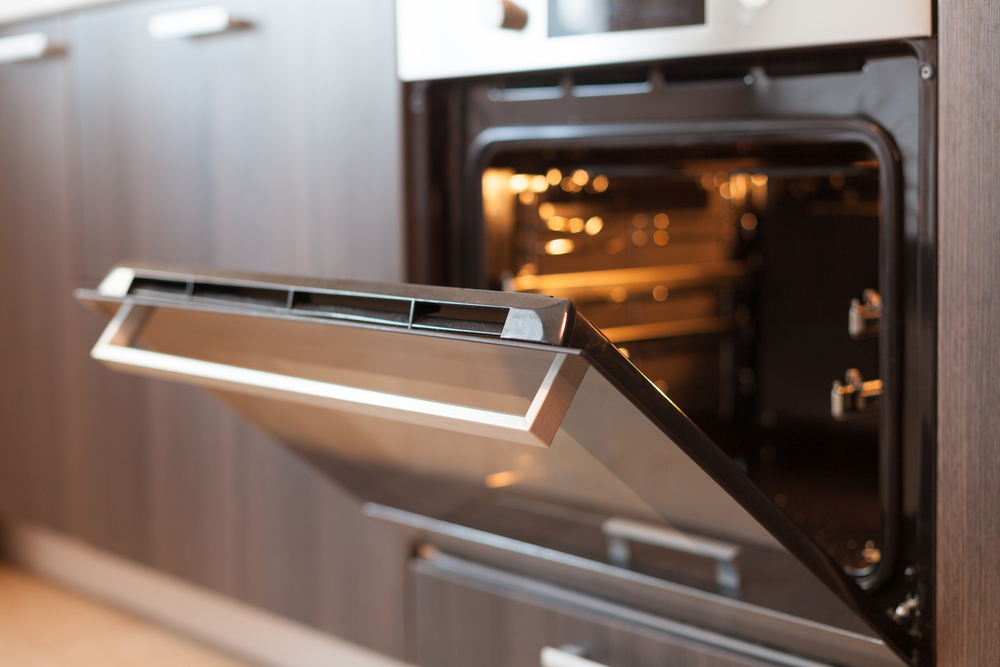How to Save Energy At Home
It’s a new year, which means it’s the perfect time to start thinking about how you can make positive changes in your life. This year, many people are resolving to learn how to save energy at home. This resolution isn’t just good for the environment—it can help you save money on utility bills, too. Here’s how to get started:
How to Save Energy When Heating and Cooling Your Home
It takes a lot of energy to keep your home at a comfortable temperature. In fact, the heating and cooling system accounts for about 43% of your annual energy costs. Fortunately, there are plenty of ways to reduce your heating and cooling system’s energy consumption. Here’s how:
- Install a programmable thermostat and adjust the settings so your heating and cooling system does not run during the hours you aren’t home.
- Apply a fresh layer of caulk around your windows to seal air leaks. This prevents air from escaping, which means your heating and cooling system won’t have to work as hard to keep you comfortable.
- Keep cool with a ceiling fan. Using a ceiling fan will allow you to dial the temperature on your air conditioner up by about 4 degrees Fahrenheit.
- Insulate the heating ducts to prevent heat loss as the warm air is distributed throughout your home.
- Replace the air filters at least once every three months. Your heating and cooling system will have to work harder to pump air through dirty filters, so replacing filters can improve the system’s energy efficiency.
You don’t have to sacrifice comfort to save energy. These tips allow you to stay comfortable while also increasing your heating and cooling system’s energy efficiency.

How to Save Energy When Cooking
Many people don’t realize that cooking can consume a lot of energy. If you cook at home, follow these tips to save energy:
- Don’t use a small pot on a large burner. If a 6” pan is placed on an 8” burner, about 40% of the energy produced by the burner is wasted.
- Keep your appliances clean. Food waste and other debris can absorb an appliance’s heat, which means it will have to consume even more energy to cook your food.
- Buy the right cookware. Copper-bottom pots and pans heat up fast on the stove, whereas glass or ceramic bakeware heats up faster in the oven.
- Keep the oven door closed while food is baking. Heat will escape every time you open the door, so use the oven light to check on food instead.
You don’t need to order out to save energy—simply follow these tips to become a more energy-efficient chef!
How to Save Energy When You’re Not Home
Saving energy should be a priority even when you’re not at home. If you leave your home for an extended period of time—either on vacation or for long hours at work—here’s how you can save energy while you’re gone:
- Unplug devices. Electronic devices can continue to consume energy even when they’re turned off, so it’s best to unplug them before leaving.
- Turn down the temperature on your water heater to about 50 degrees Fahrenheit. This will ensure your water heater does not consume energy to ensure that hot water is readily available while you’re gone.
- Close all of the curtains, blinds, and shades to keep the inside of your home at a consistent temperature while you’re away. This will make it easier for your heating and cooling system to do its job once you return.
- Turn off all the lights in your home.
Don’t forget to run through this checklist before leaving your home so you don’t waste energy while you’re away.
How to Save Energy When Cleaning
A clean home can keep everyone in your family happy and healthy. But cleaning can consume a lot of energy. Here’s how to save energy the next time you clean:
- Air dry your clothes instead of putting them in the dryer, which consumes a lot of energy.
- Heating water takes a lot of energy, so it’s best to wash your clothes in cold water instead.
- Dust reduces the energy efficiency of electronic devices and appliances, so keep your home as dust-free as possible.
- Use a dishwasher. Hand-washing dishes uses much more energy than running the dishes through the dishwasher.
- Clean the seal on your refrigerator door. The seal becomes less effective when it’s dirty, so cool air may start to escape if you don’t keep the seal clean.
Following these tips will help you stay neat and tidy while also improving your energy efficiency at home.There are countless ways to save energy at home, it is just a matter of motivation. We have shown only some of the many ways you can reduce your energy consumption at home. Start implementing these strategies so you can drastically reduce your carbon footprint, improve your home’s energy efficiency, and lower your monthly utility bills.


